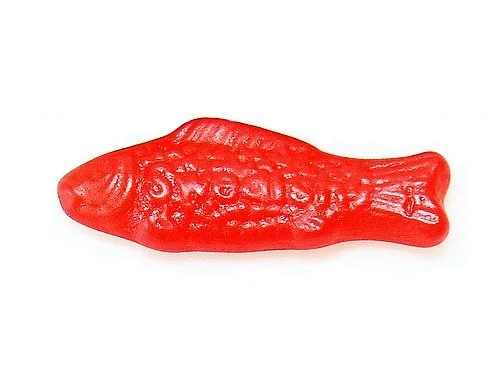A long time ago, I started out working as a "counter-girl" at a printer, then as a paste-up production artist at a printer, and then as a printer at a printer. It was only in my mid-twenties that I started working as a graphic designer. Graphic designers and printers exist in two separate social strata. Printers generally consider graphic designers a necessary evil; Designers generally consider printers part of the machinery that gets their vision made. Printers talk about deadlines and picking and viscosity and rollers and union issues and food and beer and medical insurance and wearing-the-right-orthotics-for-standing and timecards. Designers talk about deadlines and InDesign and clients and food and cocktails and medical insurance and chiropractors and time sheets. There is difference. But there is overlap.
I have always valued those years working on a factory floor. Printing taught me how to work hard physically, it allowed me to experience the reality of the class system in America, and to know what it feels like to have some supposedly upper-class person treat you badly because they think you are less than they are. I would never have experienced these things if I had followed a normal, upper middle class, go-straight-to-college trajectory. I am lucky to have had both experiences.
Now I teach about critical thinking in a private college that has-- as all colleges have-- its share of "politically correct" self-policing. It's hard for me to watch students tell other students that they can't say things, that their actions are inappropriate, that they should do this and not do that. Hard-liners of any kind reduce the free exchange of ideas. The policing of ideas in college is particularly difficult for me to deal with, since it is opposite to what "critical thinking" is, and it's emotionally hard on the students, many of whom come from rural farming communities and are not politically liberal. These students remind me of some of the printers I used to know.
Whenever the media picks up a story about someone fighting "political correctness," it seems to always turn out that that person is a racist, a bigot, an anti-feminist, a Nazi, or some other disgusting form of low-life. Painting all people who would like to see an end to knee-jerk notions of "appropriate thinking" and "appropriate verbiage" as racists and bigots and anti-feminists does not help any cause: it only promotes a sense that all people are either fascists or Nazis. It does nothing to help us bring the stand-off back to conversation. Not every liberal is a fascist, not every student radical, not every conservative a Nazi, not every answer to complex questions black or white.
Both political policing on the radical Left and an inculcated devaluing of education on the radical Right are doing much to destroy the free exchange of ideas upon which our society is based. College can provide open discussion and a valuing of personal beliefs, a safe place for airing one's nascent ideas and an introduction to the thinking of people not like ourselves. But it can only do its educative job if we promote a reduction of "policing," insist on an increase in respect for varying opinions--all opinions, not just opinions branded "correct" or populist-- and recognize that every one of us is trying to make sense of a tremendously complex world that we didn't expect, terrified of being leveled by nuclear holocaust, coping with radical shifts in the weather, and dealing with all the old and difficult moral and ethical questions that have always hounded humanity. There is difference. But there is overlap.

